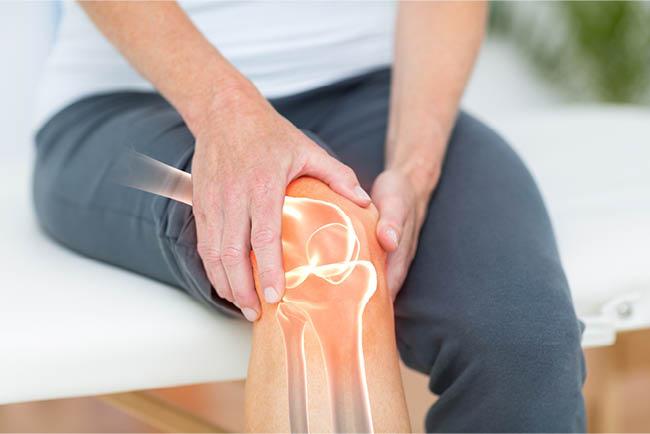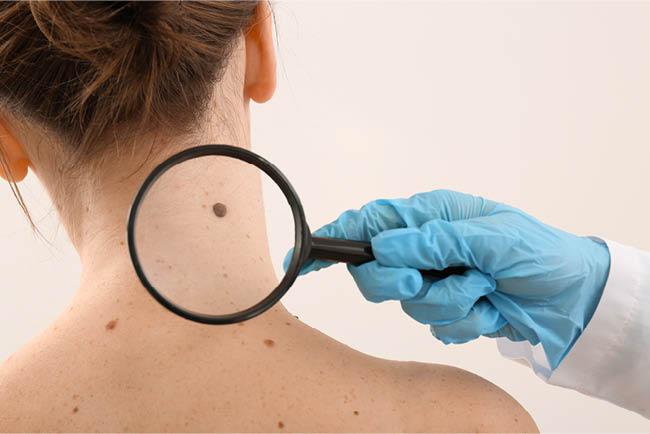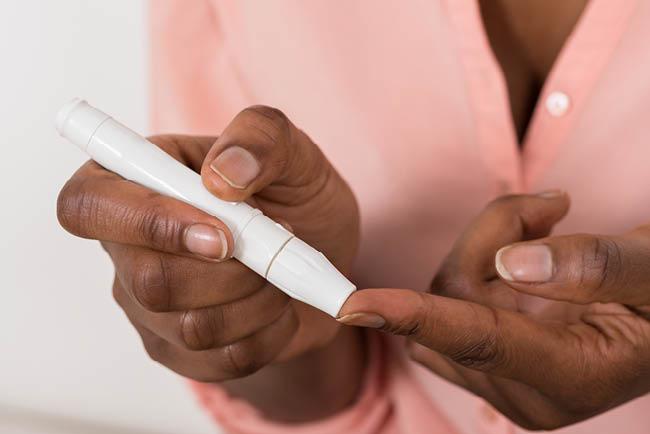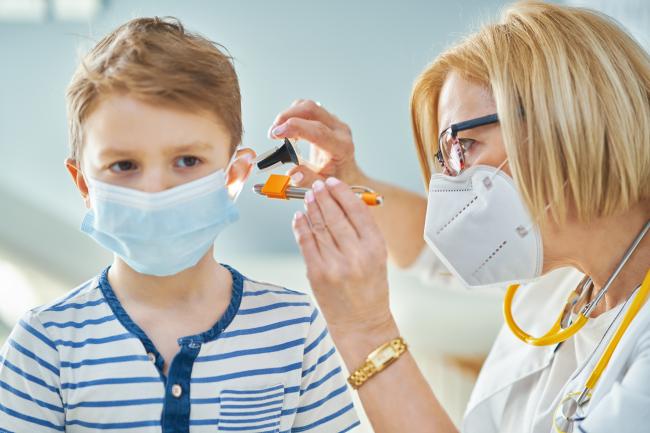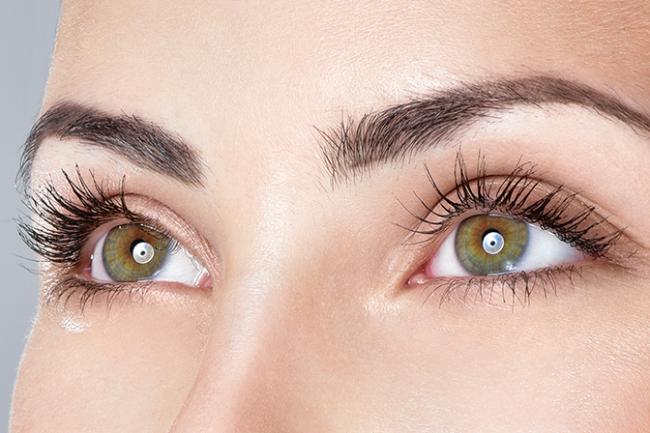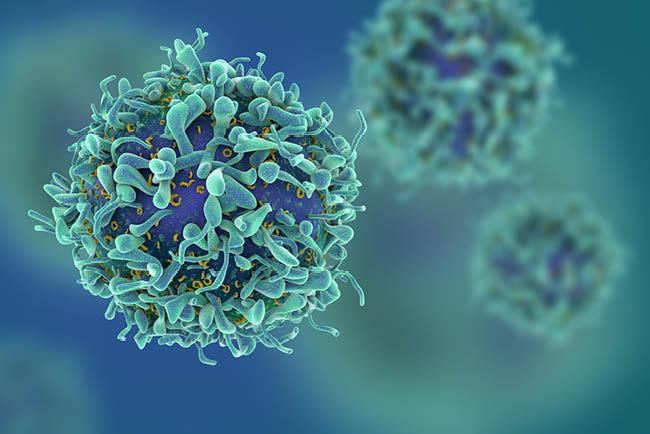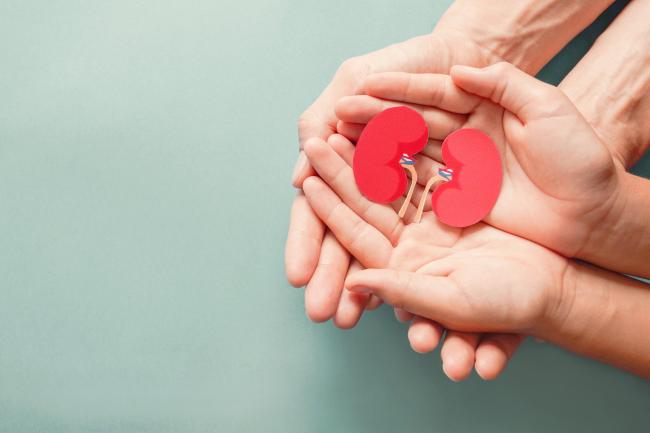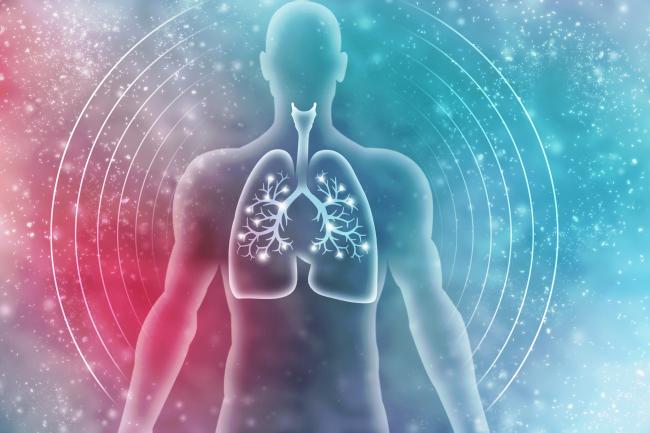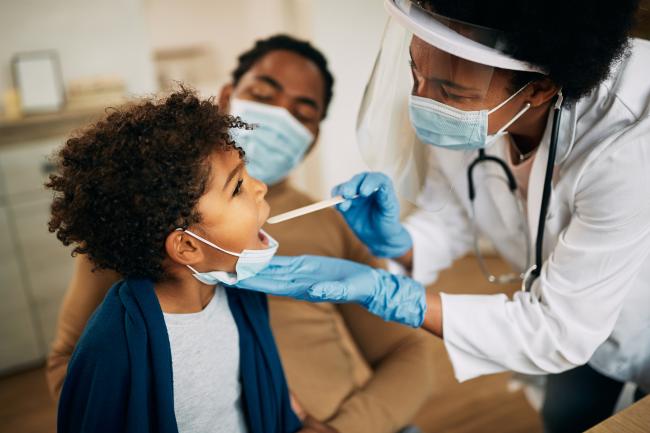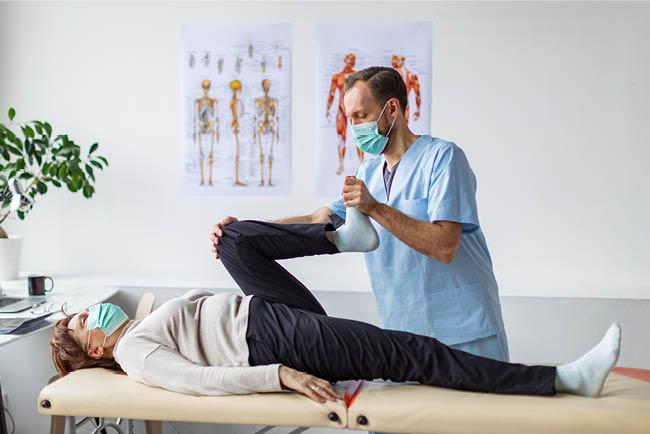Study Categories
-
A Study of Esketamine Nasal Spray, Administered as Monotherapy, in Adult Participants with Treatment-resistant Depression
Official Title
A Study of Esketamine Nasal Spray, Administered as Monotherapy, in Adult Participants with Treatment-resistant DepressionPurpose
The purpose of this study is to see if esketamine nasal spray alone is effective as a medication to improve depressive symptoms in adults with treatment-resistant depression when compared with placebo nasal spray.
The duration of the study consists up to a maximum of 24 weeks.
Could this study be right for you?
• Aged 18 years or older
• Must have had no response (less than 25% improvement) to at least 2 oral antidepressant treatments in the current episode of depressionAge Range
18 and up -
A Study of Milestones to Advance Language Learning
Official Title
SMALL Talk: Study of Milestones to Advance Language LearningPurpose
The goal of this study is to identify early risk for developmental language disorder (DLD) among young, low-income children, and to determine how caregiver and child chronic stress and interaction quality interact to disrupt language growth among these children. The long-term objective is to identify pathways through which early family situations and the conditions of poverty disrupt early language paths among low-income children and contribute to heightened rates of DLD.
Could this study be right for you?
Inclusion criteria are: - have a child that is 9 months or younger - child resides in a low-income household, using some sort of government assistance or using the 200% threshold from the Department of Health and Human Services based on annual household income and number of persons in home Exclusion criteria: - Children who are multiple births, preterm (<35 weeks), and have profound or severe disabilities will be excluded, with the latter including congenital blindness, deafness, Down syndrome and other frank neurological deficits.
-
A Study of Mobile Health (mHealth), Breast Disease, and Lifestyle Modification
Official Title
Mobile Health (mHealth), Breast Disease, and Lifestyle Modification: Developing a Grounded TheoryPurpose
The purpose of this study is to understand breast cancer survivors use of mobile health (mHealth) apps for lifestyle behavior change - eating a healthier diet, exercising more, dealing with stress, & stopping smoking. Interviews will last approximately 60 - 90 minutes.
Could this study be right for you?
- You have a diagnosis of breast disease or are a breast cancer survivor.
- You are age 18 or older
- You are a femaleAge Range
18 and up -
A study on language impairment following a stroke
Official Title
Laying the Groundwork for Personalized Medicine in Aphasia Therapy: Genetic and Cognitive Predictors of Restorative Treatment ResponsePurpose
This NIH-funded project will investigate patient-specific factors that may influence response to therapy for language impairment after stroke, or aphasia. Results from this work will assist with better estimation of prognosis for stroke survivors with aphasia, which could empower patients and families to make more informed health care decisions about how to pursue the most appropriate rehabilitation services based on their unique characteristics, such as genetics, cognitive skills, and brain structure after stroke.
Could this study be right for you?
Participants must meet the following criteria:
- Native English speaker
- Able to have an MRI
- Had only one stroke (in the left hemisphere of the brain)Age Range
18 and up -
A Study on the Role of Spirituality and Faith during Cancer Treatment
Official Title
Patient perceptions about the role of spirituality and faith during cancer treatmentPurpose
The purpose of the current study is to characterize the perspectives of cancer patients who have undergone a cancer-directed surgery on the role of spirituality and/or religion during their cancer journey in order to better define the desired access to related resources during cancer care. Results from this study will inform future research aimed at addressing patient-centered spirituality/faith needs of cancer patients.
Could this study be right for you?
If you’ve had or will have surgery to treat a cancer diagnosis, you can help researchers at Ohio State examine how patient spirituality and/or religion influences the cancer journey by taking an online survey.
Participants should be:
• Over 18 years old.
• Diagnosed with cancer (all types).
• At least four months past the initial cancer diagnosis.
• Underwent or will receive a surgical procedure related to their cancer
• Able read and write in the English language.
Age Range
18 and up -
A Study to Compare Medications in Patients with Advanced Parkinson's Disease
Official Title
A Randomized, Double-Blind, Double-Dummy, Active-Controlled Study Comparing the Efficacy, Safety and Tolerability of ABBV-951 to Oral Carbidopa/Levodopa in Advanced Parkinson's Disease PatientsPurpose
The purpose of this study is to find out how well ABBV-951 works to control Parkinson's disease symptoms compared to oral Carbidopa (CD)/Levodopa (LD). The study is also seeking to test whether ABBV-951 is well tolerated in patients with Parkinson's disease.
Could this study be right for you?
1. Male or female, age 30 or older
2. Has not received deep brain stimulation, Carbidopa (CD)/Levodopa (LD) enteral suspension, or any other Parkinson's Disease (PD) medication as continuous daily infusion
3. Subject does not have a history of significant skin conditions or disorders
4. Subject does not have a recent (within 6 months before screening) history of drug or alcohol abuse
5) Subject does not have a history or presence of psychotic episodes
6) Subject does not have other clinically significant unstable medical conditions
7) Subject must have a diagnosis of levodopa-responsive idiopathic PD* other eligibility criteria to be discussed/reviewed with the study team
Age Range
30 and up -
A Study to Evaluate a Medication Used in Treating Hand-Foot Skin Reaction (HFSR) in Cancer Patients (NOVA-II)
Official Title
A Study to Investigate OQL011 on VEGFR Inhibitor-Associated Hand-Foot Skin Reaction in Cancer Patients (NOVA-II)Purpose
Hand-Foot Skin Reaction (HFSR) is a common adverse event induced by Vascular Endothelial Growth Receptor Inhibitor (VEGFRi) treatment in cancer patients. The main purpose of this study is to evaluate the safety and efficacy of OQL011 compared to vehicle ointment in treating patients with moderate to severe VEGFRi-associated HFSR. This study will also identify an optimal dosage for Phase III study and explore the pharmacokinetics profile of OQL011 in HFSR patients.
Could this study be right for you?
- Patient must be age 18 years of age or older. - Patient must have a confirmed cancer diagnosis for which VEGFRi treatment is indicated, and must be currently under VEGFRi-based anti-cancer therapy with stable dosage for ≥ 1 week. - Patient on pain medications is allowed provided they have been on stable dosage in the past 1 week and is going to continue at the same dosage.
Age Range
18 and up -
A Study to Evaluate an Investigational Drug (NLY01)Treatment to be used in Early-Stage Parkinson’s Disease
Official Title
Multicenter, Randomized, Double-blind, Placebo-controlled Study to Evaluate the Efficacy, Safety, and Tolerability of 36 Weeks of Treatment with NLY01 in Early-stage Parkinson’s DiseasePurpose
This research is studying a new drug, NLY01, in a large number of persons to learn about its effects in people with early-stage Parkinson’s disease (PD). Researchers want to know whether NLY01 helps lessen symptoms and signs of early PD, as well as slow the progression of the disease.
You will have a 2 in 3 chance of receiving NLY01 and a 1 in 3 chance of receiving a placebo, sterile salt water that looks like NLY01 but does not contain the study drug.
The total amount of time for you to be in the study will be approximately 45 to 54 weeks.
Could this study be right for you?
Inclusion:
- Man or woman, at least 30 to 80 years old
- Have early-stage Parkinson's disease
- Not be on any current treatments for PD
- If of reproductive potential, willing and able to use a highly effective form of birth control during the study and for 30 days following last dose of study material* Other criteria for eligibility apply
Exclusion:
- Diagnosis of secondary or atypical parkinsonism
- Onset of any parkinsonian motor sign or symptom >5 years before Screening Visit
- Previous surgical procedure for PD
- Clinically significant medical, surgical, psychiatric, or laboratory abnormality
- Has an ECG or clinical evidence of potentially unstable heart disease
- Medical or recreational use of marijuana or THC-containing compounds within 3 months of the Screening Visit* Other criteria for exclusion apply
Age Range
30 and up -
A Study to Evaluate an Investigational Drug (tavapadon) as a Possible Treatment in Early Parkinson’s Disease
Official Title
A PHASE 3, DOUBLE-BLIND, RANDOMIZED, PLACEBO-CONTROLLED, PARALLEL-GROUP, 27-WEEK TRIAL TO EVALUATE THE EFFICACY, SAFETY, AND TOLERABILITY OF TWO FIXED DOSES OF TAVAPADON IN EARLY PARKINSON’S DISEASE (TEMPO-1 TRIAL)Purpose
The main purpose of this study is to learn how well tavapadon (the study drug) works as a possible treatment for Parkinson’s disease and how safe the study drug is. The target dose range of tavapadon being studied is 5 to 15 mg once daily.
If you choose to participate in this study, you may receive the study drug, or you may receive placebo. A placebo is an inactive material, such as a sugar pill, that looks like the study drug but does not contain any active study drug. Researchers use a placebo to see if the study drug works better or is safer than taking nothing.
You will be in this study for approximately 35 weeks, which includes a screening visit and safety follow up, and you will need to come to the study center at least 11 times over this period.Could this study be right for you?
You may be eligible if you:
• Are Between the ages of 40 to 80 years
• Are willing to practice effective birth control, or remain abstinent during the trial and for 4 weeks after the last dose of trial if you are a sexually active man or woman of childbearing potential
• Were diagnosed more than 3 years ago
• Willing and able to not use any PD medications that are not permitted by the protocol (including dopaminergic agents) throughout participation in the trial.You will be excluded if you:
• Have a history or clinical features consistent with essential tremor, atypical or secondary parkinsonian syndrome (including, but not limited to, progressive supranuclear palsy, multiple system atrophy, cortico-basal degeneration, or drug-induced or post-stroke parkinsonism).
• Have had previous surgical intervention (eg, deep brain stimulation) for PD or for whom such a procedure is planned or anticipated during the trial period.
• Have hypertension.
• Have previously participated in any tavapadon trial, including this trial, and received IMP.
• Have received treatment with any other investigational drug within 60 days before signing the ICF.Age Range
40 and up -
A Study to Evaluate Baricitinib in Adults with Severe or Very Severe Alopecia Areata
Official Title
A Multicenter, Randomized, Double-Blind, Placebo-Controlled, Operationally Seamless, Adaptive Phase 2/3 Study to Evaluate the Efficacy and Safety of Baricitinib in Adult Patients with Severe or Very Severe Alopecia Areata (JAHO)Purpose
The main reason for you to take part in this study is not to treat you for your condition but to help in answering the following research questions:
• Whether baricitinib is better than placebo in the treatment of patients with severe alopecia areata (AA)
• The safety of baricitinib and any side effects you may have when you take it.Could this study be right for you?
- Are at least 18 years and ≤60 years for males (≤70 years of age for females) at
the time of informed consent- Are able to read, understand, and give documented (electronic or paper
signature) informed consent- Current AA episode of more than 6 months’ duration and hair loss
encompassing ≥50% of the scalp- No spontaneous improvement over the past 6 months
Age Range
18 and up -
A Study to Evaluate Brexpiprazole in the Maintenance Treatment of Adults with Major Depressive Disorder (MDD)
Official Title
A Phase 3, Multicenter, Randomized, Double-Blind, Placebo-Controlled Trial to Evaluate the Efficacy, Safety, and Tolerability of Brexpiprazole as Adjunctive Therapy in the Maintenance Treatment of Adults with Major Depressive DisorderPurpose
Brexpiprazole is a medication being studied as a possible treatment for adjunctive treatment for Major Depressive Disorder (MDD). The reason for this study is to find out about the potential benefits and safety of Brexpiprazole.
Could this study be right for you?
Inclusion criteria: - Between the ages of 18 and 65 - Currently depressed - Currently taking an antidepressant - Have tried at least 2 antidepressant medications
Age Range
18 and up -
A Study to Evaluate Continuous Positive Airway Pressure (CPAP) for Sleep Apnea in Pregnancy
Official Title
A Randomized Trial of Continuous Positive Airway Pressure (CPAP) for Sleep Apnea in Pregnancy (SLEEP)Purpose
The purpose of this study is to understand how Continuous Positive Airway Pressure (CPAP)
for mild to moderate sleep apnea may affect hypertensive disorders of pregnancy and other
complications of pregnancy such as gestational diabetes.Could this study be right for you?
1. No prior delivery at or after 20 weeks 0 days of gestation
2. Pregnancy with only one fetus
3. Gestational age at randomization between 14 weeks 0 days and 21 weeks 6 days
4. Diagnosis with mild to moderate OSA as defined by an AHI score ≥ 5 and <30Age Range
18 and up




